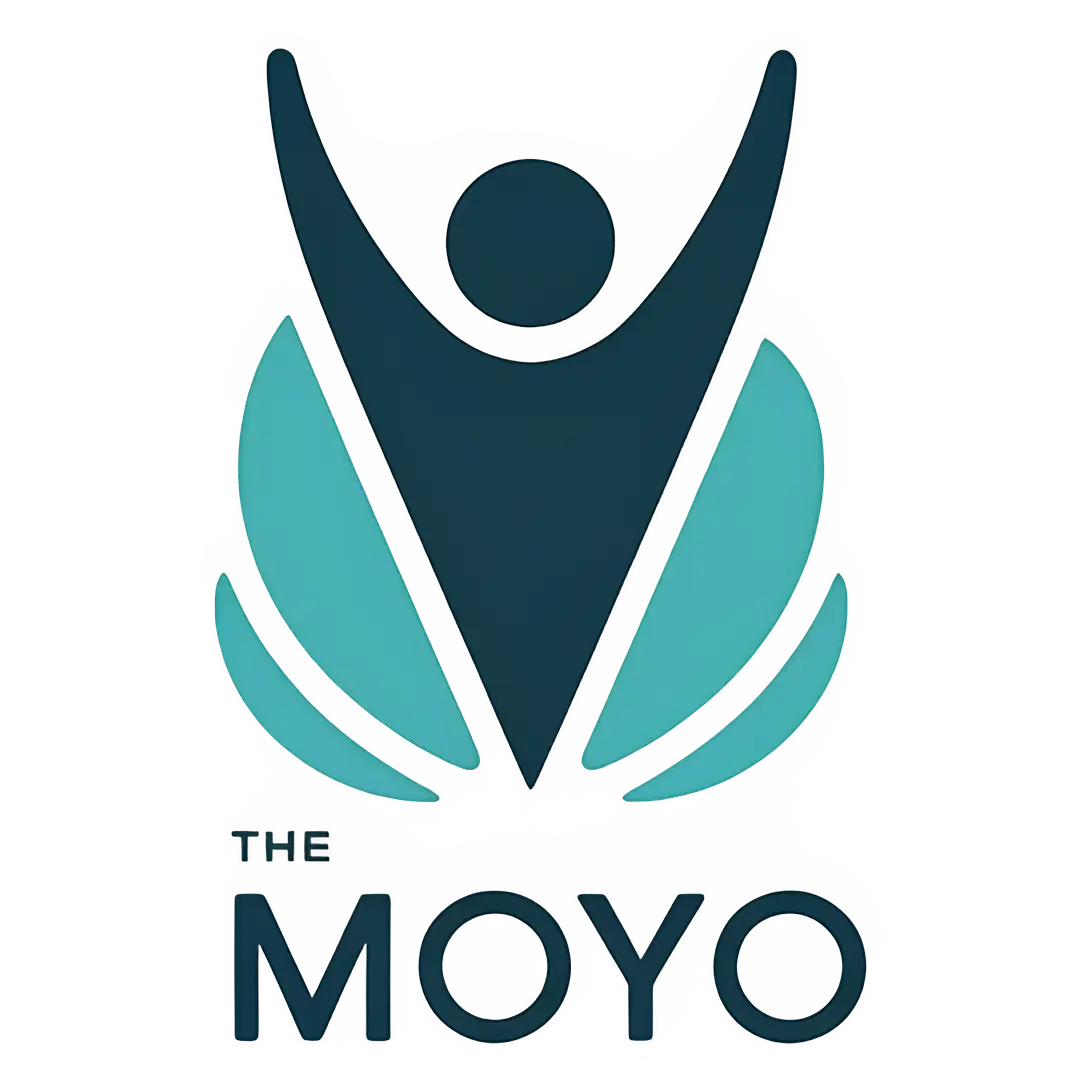Here are a few frequently asked questions to help you understand hypnotherapy, how it works and how it can benefit you.

🌍 The History and Use Cases of Hypnosis
Hypnosis has been used successfully in many groundbreaking ways:
🏥 Medical Pain Control
World War II: British and American medics used hypnosis on the battlefield to reduce pain, anxiety, and bleeding in wounded soldiers — even performing surgery without anaesthesia when needed.
Today: Hypnosis is used in some hospitals for dental surgery, childbirth, and chronic pain relief.
💭 PTSD and Trauma Recovery
Hypnotherapy has helped veterans, abuse survivors, and first responders access and process deeply stored emotional trauma safely and gently.
🚭 Habit Change and Addiction
Smoking cessation is one of the most well-known uses for hypnosis, with thousands of case studies supporting its success.
It’s also used for weight loss, alcohol reduction, and other unwanted patterns.
🎤 Peak Performance
Top athletes, performers, and entrepreneurs use hypnosis to sharpen focus, build confidence, and overcome fear.
Examples include Tiger Woods, Adele, Matt Damon, and Serena Williams — all of whom have reportedly used hypnosis to elevate performance.
At The Moyo, we bring these time-tested strategies into the modern day — using science-backed tools to help you unlock calm, clarity, and confidence in your everyday life.
⚠️ Who Hypnotherapy Is Not For
While hypnotherapy is a powerful and evidence-based tool for many, it’s not the right approach for everyone.
At The Moyo, your safety and wellbeing are our highest priorities. For that reason, hypnotherapy may not be suitable for individuals in the following circumstances:
❌ Experiencing Active Psychosis or Schizophrenia
If you are currently experiencing hallucinations, delusions, or have been diagnosed with a psychotic disorder, hypnotherapy is not recommended unless part of a wider care plan supervised by a mental health professional.
❌ Under the Influence of Drugs or Alcohol
Sessions require clarity and focus. Being under the influence of substances can prevent effective treatment and compromise your experience.
❌ Severe Personality Disorders
In certain cases, personality disorders may limit the ability to engage safely with hypnotherapy. A thorough assessment and referral to a specialist may be more appropriate.
❌ Under 18 Without Parental Consent
We offer support for young people, but anyone under the age of 18 must have written consent from a parent or guardian.
❌ Looking for a Quick Fix Without Willingness to Engage
Hypnotherapy is a powerful tool—but not magic. If you’re not willing to actively engage with the process, or expect change without participating, results may be limited.
🧠 How Hypnotherapy Works — According to Science
Hypnotherapy isn’t about being “put under” or losing control. It’s a natural state of focused attention where your mind becomes more receptive to helpful suggestions, insights, and change.
This state is called “hypnosis”, and science shows it’s very similar to what your brain experiences when you’re:
Deep in thought
Absorbed in a book or film
Meditating
Or daydreaming while driving
🧪 What Happens in the Brain?
When you’re in a hypnotic state:
Your conscious, analytical mind relaxes (specifically, the prefrontal cortex quiets down)
Your subconscious mind becomes more active and accessible
Brain scans show changes in the default mode network, which is involved in self-reflection, memory, and emotion
The amygdala (the brain’s fear centre) becomes less reactive
You become more open to positive change, habit rewiring, and new beliefs
🧠 What does hypnosis feel like?
It feels like a calm, focused state — very similar to when you’re lost in thought, daydreaming, or fully absorbed in music or a book. You’re not asleep, but you’re deeply relaxed and open to positive suggestions.
Most clients say:
“I felt completely in control — but very at peace.”
⏰ How long does a session last?
Most sessions last between 45–75 minutes. Your first session may run a little longer to allow for intake and a deeper induction.
🔍 Is hypnotherapy spiritual or mystical?
No — not in the way most people think.
Hypnotherapy is not about magic, mind control, or anything mystical. It’s a therapeutic process grounded in psychology and neuroscience. You’re not “put under” or taken over — you’re simply guided into a deeply focused, relaxed state (like meditation or daydreaming), where your mind is more open to helpful suggestions and new perspectives.
Think of it like upgrading your inner software — with your full permission and awareness.
At The Moyo, we honour your personal beliefs — but the method itself is evidence-based, not religious or esoteric.
You don’t need to be spiritual, and you don’t need to believe in anything beyond your own mind and willingness to grow. Whether you’re logical, faith-driven, curious, or sceptical — this approach adapts to you.
🔐 Is it confidential?
100%. Everything you share is private and protected by ethical and professional standards. I’m a certified hypnotherapist and full member of the PHPA (Professional Hypnotherapy Practitioners Association).
🛋️ What do I need for the session?
Just:
A private, quiet space (where you won’t be disturbed)
A chair, couch, or bed where you can fully relax
Headphones (optional but ideal for immersive sound)
Your phone, tablet or laptop (Zoom or Google Meet)
🖥️ What happens during an online hypnotherapy session?
Each session begins with a short check-in to understand how you’re feeling and what you’d like to focus on. You’ll then be guided into a calm, relaxed state — often similar to deep meditation. From there, I’ll use language techniques and guided visualisation to help your subconscious mind reframe unhelpful thoughts, habits, or emotional blocks.
You remain completely aware and in control throughout — it’s not stage hypnosis, it’s therapy. You can speak, move, or open your eyes at any time.
🔁 How many sessions will I need?
That depends on your goals. Some people feel a shift after just 1 or 2 sessions. Others benefit from a package of 4–6 to work through deeper layers or multiple issues.
We’ll always tailor the plan to your pace.
🚫 What if it doesn’t work for me?
This is a common fear — and it’s okay.
Here’s the truth: Hypnotherapy isn’t magic. But it is a proven method that works especially well when you’re open, consistent, and committed to change.
Even if you’re sceptical, your subconscious can still respond positively.
